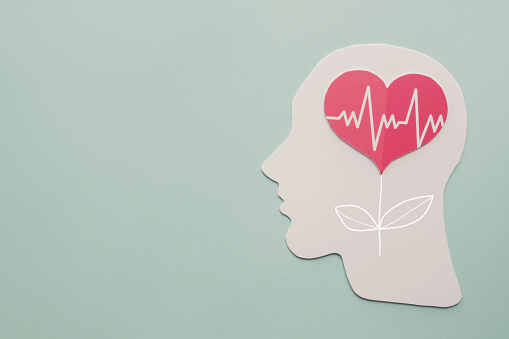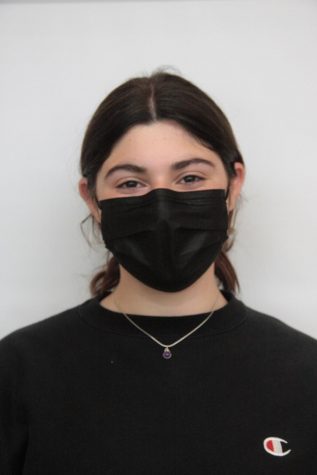How Is In-Person School Affecting Our Mental Health?

Paper brain and heart tree, world heart day, world mental health day and wellness concept
October 25, 2021
Being back at in-person school full time can be mentally draining when it comes to homework, socializing, and self advocating at school. Right now, stress is high, with just finishing the PSAT and with tests in class becoming more and more frequent, it can be challenging for students to cope. However, students, teachers and staff at Ida B. Wells High School feel that the pros outweigh the cons.
Tony Petraglia—chemistry teacher and cross country coach at IBW—reflected on his experience of coming back to in-person learning. “I think physical tiredness is easier to deal with and get over than emotional tiredness, the benefits sort of outweigh it,” Petraglia said. Other teachers agree that the physical tiredness of in person school is still easier than the isolation of online school.
Petraglia and teachers alike want to help students to the best of their ability, and are trying to provide a comfortable environment where students feel safe and encouraged.
For many students, in-person learning has been very beneficial. It’s easier to communicate with teachers and spend time with friends at school. They can play sports, participate in extracurricular activities, socialize, and go to school and social events. The hard part is being in school for seven and a half hours a day, not including sports or after school activities.
Though students have been thrown right back into high school, some have thrived in the process. “I’m a social butterfly. Being around people and being able to actually ask questions in person has really helped me and my mental health. I felt really isolated online,” said Fiona Malia, a freshman at IBW.
For people who aren’t extroverts at school, it can be much harder to get by. “He [Malia’s friend] really struggled socially, he’s just a very anxious person and I think that having me in his class— having someone he knows—has helped him,” said Malia.
Mental health really depends on the individual student, for some it’s been much harder than for others. Those with mental illness, whether it’s depression, anxiety, OCD, or something else, may find the transition more stressful and tiring.
The school social worker is a great resource to come to when feeling overwhelmed, anxious, depressed, or wanting any help. “I think setting boundaries and taking care of yourself as best you can is so important,” said Britni Locke, school social worker and a licensed clinical social worker and trained therapist. “Of course, keep up with schoolwork, but taking care of your mental health is so important or you’ll be unable to do school,” Locke suggests.
Locke can help with anything from trauma, housing issues, or supplying necessities. She is a great person to talk to at IBW and also recommends the school counselors, attendance coach, school psych team or specific PPS mental health resources, apart from herself, as people who’d be happy to help students who want someone to talk to.
Since the pandemic started, mental health has been a roller coaster for so many kids. It was described as lonely, stressful, and emotionally exhausting. Being in school may be a benefit for most kids, but students, teachers, parents and staff should all be aware of their mental health. Students should check in with themselves and their peers as well as ask for help when they want or need it. Joining clubs, talking to a therapist, friends or family are all ways to receive some support from people who are there for students, and want to help them. Understanding that everyone has been affected in different ways by the last couple of years is a good way to stay mindful.
To read more about Britni Locke, check out this article: https://ibwheadlight.com/858/news/advocating-and-assisting-through-lifes-challenges/


